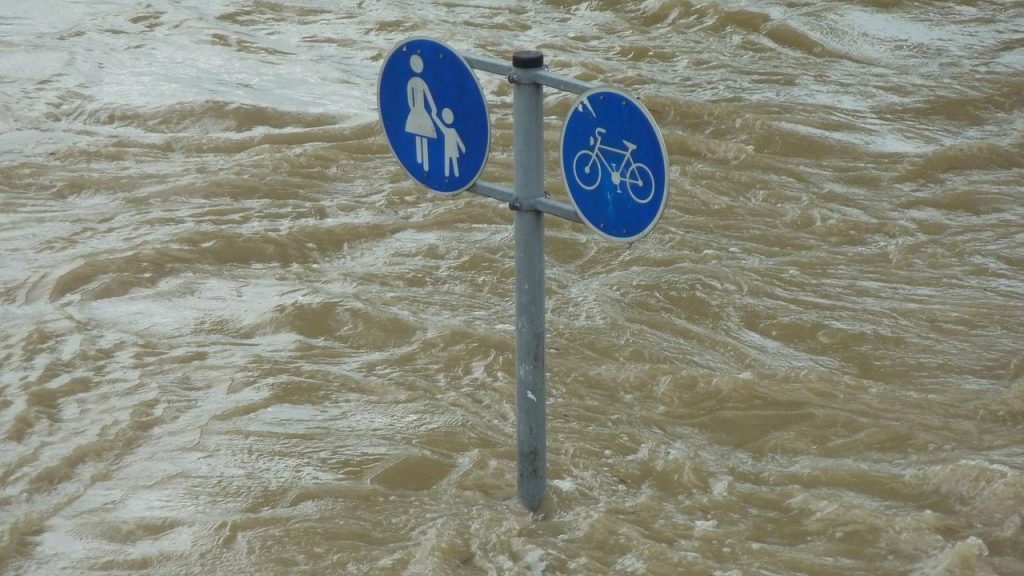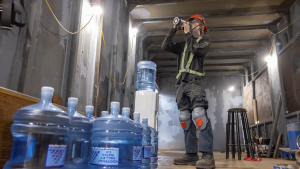WASHINGTON, D.C. — The Federal Emergency Management Agency (FEMA) recently released an update to its Recovery Interim Policy FP-104-009-11, Consensus-Based Codes, Specifications and Standards for Public Assistance (Policy), Version 2.1, which leverages the International Codes to mitigate against risks from wildfire and other natural hazards.
The update adds several International Codes (I-Codes), developed by the International Code Council, to the list of required Consensus-Based Codes, Specifications and Standards which aim to advance national resiliency and reduce community risk before and after a disaster.
The Public Assistance (PA) Program is FEMA’s largest grant program providing an average of $4.7 billion in assistance each year to state and local governments and certain private nonprofit organizations.
Through the program, FEMA offers grants to eligible communities for debris removal, life-saving emergency protective measures and the repair, replacement, or restoration of disaster-damaged publicly-owned facilities and infrastructure to respond and recover from major disasters, indicates a FEMA release.
Underlining the importance of the updated policy are the damage caused by wildfires in California and Australia and the aftermath of the recent earthquakes in Puerto Rico.
For the first time, the policy’s updates will require that construction adhere to the latest International Wildland Urban Interface Code, which requires ignition resistant construction in fire prone areas; the International Mechanical Code and International Fuel Gas Code, which require mechanical gas and electrical connections be tied down so as not to sever during seismic events; and the International Plumbing Code, which includes provisions to keep piping intact following seismic events, prevent erosion following flooding, and ensure rain loads do not exceed roof carrying capacities.
“The policy will specify that the I-Codes will be required for federally supported construction of buildings and structures that support electric power, potable water and wastewater infrastructure. This approach mirrors that taken by the Code Council’s Alliance for National and Community Resilience, which encourages resilience across key systems to better prepare communities against potential hazards,” states the release.
“The updated policy also requires construction adhere to several additional I-Codes and Standards and continues to require the current editions of the International Building Code, International Residential Code and International Existing Building Code.”
According to the interim policy, FEMA is utilizing the I-Codes as minimum standards for post-disaster construction to increase the resilience of communities after a disaster, protect lives and property, and reduce future vulnerability of disaster-damaged facilities and the need for future federal disaster recovery funding.










Recent Comments